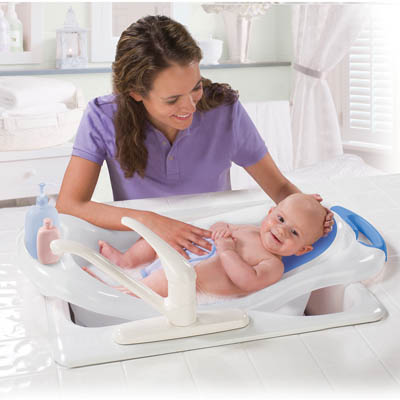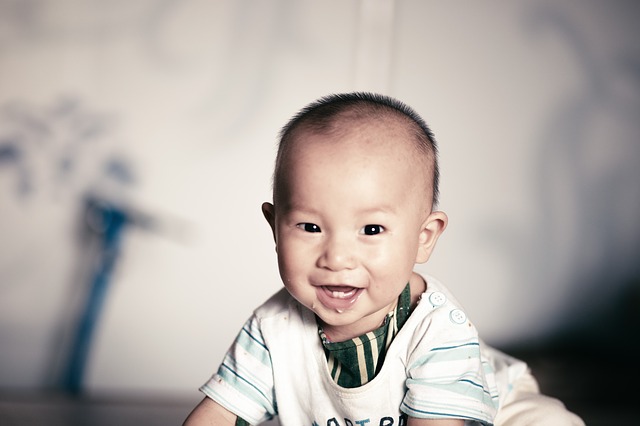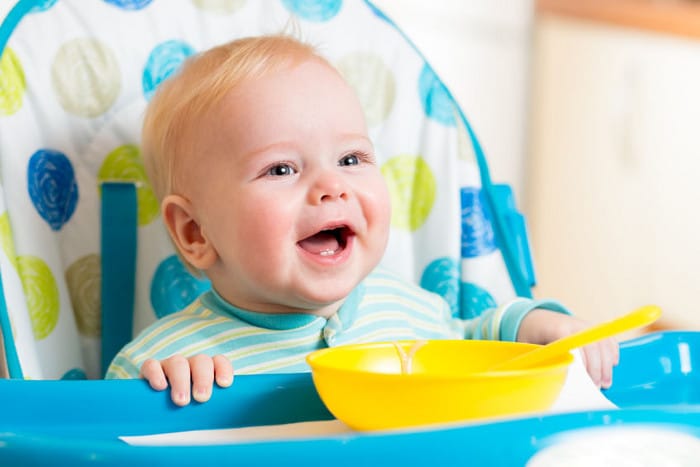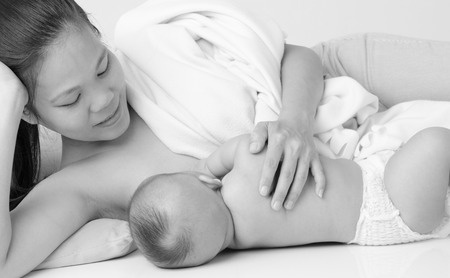In the world of new motherhood, we spend a lot of time preparing and learning about how to be a parent.
However, what we often don’t spend much time preparing and learning about, is what we, as mothers can expect to experience, emotionally and psychologically, in the weeks and months after the baby is born.
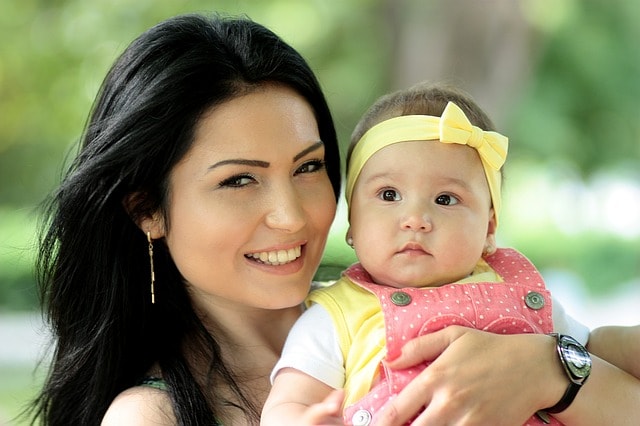
Other than sleep deprivation and the possibility of postpartum depression, what do we really know about what mothers go through in those first postpartum months?
First of all, research tells us that the transition to parenthood brings with it a major change in identity. And, according to Ramona Mercer, author of Becoming a Mother and First-time Motherhood: Experiences from Teens to Forties, this identity transformation isn’t only about seeing yourself as a mother (although that is a big part of it).
The identity change process is also about figuring out how to “feel like yourself again” after becoming a mother.
In other words, the first few months of new motherhood are about learning to see yourself as a mother to your new baby. The many months after that (the whole next year or so) is about learning how to integrate your new realities, responsibilities, relationships, desires and preferences as a mother with your existing sense of self, and your existing responsibilities, realities, relationships, desires and preferences.
As detailed in my own research on this topic, the main integrative tasks of this adjustment process are: rebuilding and reconfiguring your day-to-day life and routines; reconciling gaps between expectations and reality; making decisions about paid work and/or returning to paid work; and reconfiguring your relationships with others, particularly your relationship with your spouse/partner.
These tasks aren’t always easy to accomplish, nor are they necessarily straightforward. Indeed, for many mothers, adjusting to motherhood requires working through any number of complex or difficult emotions, situations, and experiences.
One of the most common emotions new mothers experience as a part of this process is that of loss — loss of pre-baby routines, loss of pre-baby work life and work identity (if you are not returning to work and/or if you are taking an extended period of time for maternity leave), loss of pre-baby identity, loss of pre-baby relationships, loss of pre-baby freedoms, and the loss of control over your time.
Another common emotion is anger or frustration. It is normal to feel angry or frustrated with some of the sudden changes that happen with the birth of a new baby, changes that perhaps weren’t expected or wanted.
One example is when mothers suddenly find themselves doing (and feeling responsible for) more of the bulk of the housework than before.

Another common example is feeling frustrated or angry that dad can still enjoy most of the same pre-baby freedoms as before — like getting together with friends after work, being able to go to the gym when he wants, run errands when he wants, watch TV when he wants, etc. — while for mom these freedoms often feel like they are gone forever.
In general, feeling angry is a signal that something needs to be addressed, discussed, thought about, and worked through. It signals an aspect of adjustment that isn’t as expected or desired and needs some extra attention in order to get properly resolved.
For both of the examples just mentioned, sitting down and talking with your spouse in an honest, open and mutually-sharing way can be a huge step towards resolving these kinds of adjustment issues.
At the end of the day, both partners go through an adjustment and identity change process when they become parents. So, the more you both share your feelings with each other, and the more you make a point to talk about the parts of your new lives as parents that are creating friction, the more harmonious you will be in your new identities and lives as parents.
By Stephanie Knaak.
Stephanie Knaak PhD, is the creator of the Motherhood Cafe for new and expecting mothers. It provides information, advice, support and perspective to new and expecting mothers. Her Ph.D. is in the field of Sociology, specializing in parenting culture. She has published numerous academic articles, appeared on TV, and spoken on both national and international platforms as an expert on various motherhood issues. Dr. Knaak lives in Calgary, Canada with her husband, and two children.
If you liked this story, show some love by liking and sharing it at the bottom of the post.
Like what you see here? Get parenting tips and stories straight to your inbox! Join our mailing list here.


































